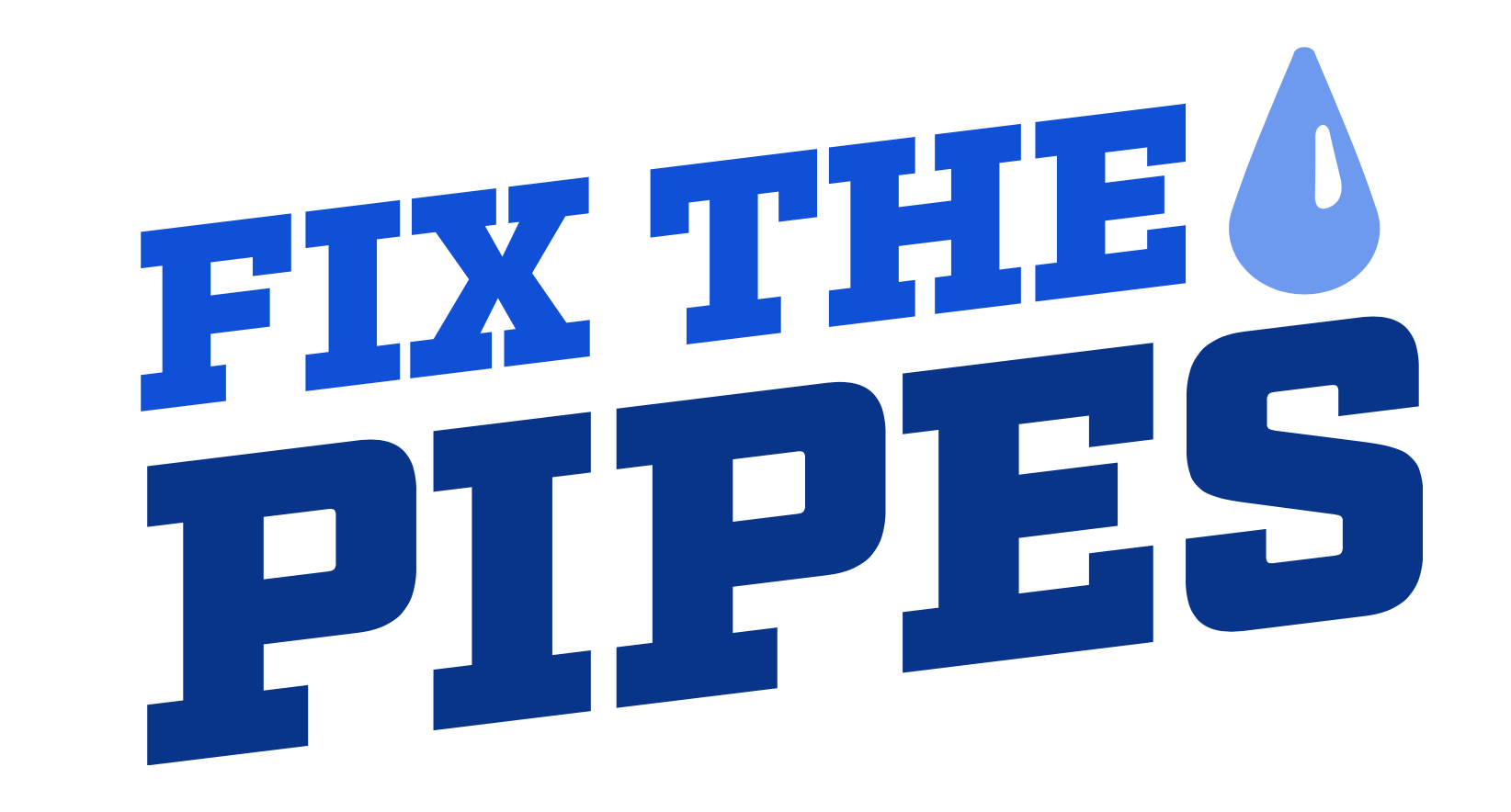It's time to fix the pipes, Minnesota!
We believe every Minnesotan deserves access to clean and safe drinking water and healthy lakes and rivers. Unfortunately, many of our water treatment systems, wastewater plants and other structures were built 50-60 years ago and are in dire need of replacement.
The costs of such fixes are often far too large for individual towns and communities to bear alone. Minnesota needs to invest now — before our legislative session ends — to protect public health, our lakes and rivers, and for our economy!
For our water
FMR is excited to be a part of Fix the Pipes a new alliance of business, environment, local government, engineering and trade groups from all across Minnesota. While we don’t always agree on everything, we all agree that clean water is essential for life and health.
That’s why we’re joining together to ask Minnesota lawmakers to #FixthePipesMN and pass a comprehensive bonding bill in 2020 that includes at least $300 million to replace and improve aging water infrastructure.*
This package will protect public health, provide clean drinking water, mitigate flooding and reduce the amount of pollution and untreated sewage entering rivers, ponds and lakes across Minnesota.
It will also help restart Minnesota’s COVID-19-ravaged economy.
For our economy
As Bree Halverson of the BlueGreen Alliance put it at the recent Fix the Pipes press conference, "Repairing water infrastructure in communities around the state is the perfect opportunity to create good-paying jobs and protect the health of Minnesotans. It's also an opportunity for the communities to adapt to the effects of climate change, maintain access to safe drinking water, and adequately treat storm wastewater."
Halverson added that data compiled by the Alliance shows these water infrastructure investments will create approximately 7,200 jobs statewide. Alliance estimates also show the total economic impact generated in urban, suburban and rural Minnesota communities would exceed $1.8 billion.
That means every dollar spent on improving the state's water infrastructure will generate an estimated $6 in return.
Work on many of the projects could begin immediately pending legislative approval.
For our communities
Many of the projects under consideration involve fixing or replacing wastewater treatment and drinking water treatment systems throughout Minnesota.
Wastewater plants help reduce pollutants like mercury, a potent environmental toxin, and phosphorus, which turns our lakes and streams green with algae in summer. While drinking water treatment systems help ensure water is treated to remove pollutants like nitrate and bacteria that can make us sick.
Highlights of the roughly $300-million proposal include community support to:
- Supplement high-cost wastewater and drinking water infrastructure ($100 million),
- Share the costs of constructing wastewater, stormwater and drinking water treatment projects ($75 million), and
- Build more sustainable and climate-resilient stormwater systems ($15 million).
- Plus a $25 million state investment to secure an additional $125 million in federal funds for low-interest water project loans.
While this won’t cover all of our state’s urgent water needs it's a major step in the right direction. Plus, it triggers significant matching funds from the federal government to stretch our investment even further.
Take action
For our environment and our economy, please take a moment to ask your legislators to #FixthePipesMN.
Become a River Guardian
Once you take action, you'll become an FMR River Guardian if you're not one already. We count on our River Guardians network to take action to support and strengthen environmental protections for our great river and beyond.
River Guardians also get invitations to special FMR happy hour events, like our upcoming post-session (virtual) happy hour, where we'll review everything that happened this session and what it means for the river.
More water and legislative updates.
_____
(*): Minnesota can issue what are known as "general obligation bonds" to pay for these capital investment projects. Essentially, the state borrows money at extremely low interest and pays the debt over the course of years, rather than spending a lump sum of its budget immediately. This is a standard best practice for state governments. Unlike traditional spending legislation, bonding bills require a supermajority (60%) in both chambers of the legislature to move to the governor’s desk for signature, making public support from across the state vital to their success.
